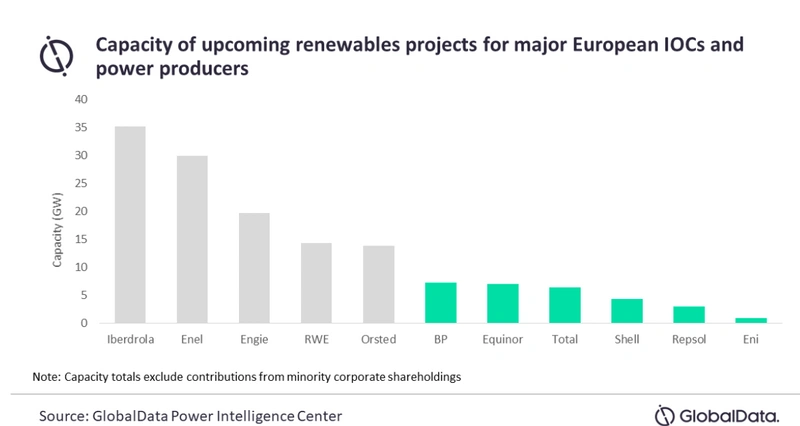
Europe, by contrast, has comparatively less LNG import capacity. Instead of importing substantial amounts of LNG in the summer and storing it in winter storage, the UK relies on its production and Norwegian pipeline supplies, ‘topped up’ with LNG imports. The UK often has a surplus capacity to import LNG. By contrast, the UK has just 0.9 bcm of gas storage relative to around 80 bcm. Europe has roughly 105 bcm of gas storage capacity, equating to 22 per cent of annual consumption. The UK lacks gas storage capacity for overall demand. The South Hook and Dragon LNG terminal in the Milford Haven port, Southwest Wales, was launched in 2009. The UK’s gas supply is mainly from the UK Continental Shelf (our waters) and Norway, augmented by LNG shipments which run to the UK’s three main import terminals: Isle of Grain, Dragon, and South Hook. Why is the UK exporting gas just when it’s in short supply? The UK then imports the fuels and other refined products that it needs to balance customer demand with domestic refinery production.Įssentially the UK is part of a network of refineries with countries exporting and importing according to which specialised products they produce and need.Ĥ. Some are in the UK and others in nearby countries such as the Netherlands.Įach refinery specialises in different grades of crude oil and producing particular fuels and chemicals. Much of it is transported to refineries in hubs around Europe. Oil from the UKCS is mainly ‘premium crudes’, meaning they are relatively simple to refine and in high demand. This means we rely on other countries to produce the products we need. Overall refinery capacity in the UK has fallen by around 30% since 2010. The UK can’t refine and manufacture the amount of oil-based products it uses. Production of new reserves, in line with the North Sea Transition Deal, is planned and at a lower rate of emissions than before 3. While we continue to import and export oil, we can play a part in reducing oil and gas production emissions in the UK and globally. The Netherlands and China were the biggest purchasers of UK crude oil. The UK imported 51 million tonnes of oil and oil products from countries including Norway, the US, Algeria and Canada. We produce 53 million tonnes of oil per year in our waters, with an estimated 45 million tonnes of UK-produced oil leaving our shores. Some 32 million cars, vans and lorries rely on petrol or diesel, which is a tremendous amount of consumption, under a tonne of oil per UK citizen. There are different types of oil, and not all countries can produce and then process those different types for their various uses. This reduces those profits and the taxes on them, generating a tax repayment. HMRC rules allow the offset of decommissioning costs against profits reported in previous years. Decommissioning is one such allowable expense.

If expenses increase profits, the tax due on them will decrease.Įxpenses incur after an oil or gas project ceases production – sometimes years after.

These costs are known as Allowable Expenses. There are instances when spending on decommissioning can lead to a tax refund because all companies, not just those involved in the exploration and production of oil and gas in UK waters, can offset the expenses of running their business against their profits.

There are no subsidies for the UK oil and gas industry. Some describe the oil and gas production in the UK as being subsidised by taxpayers – this is incorrect. Do oil and gas companies get subsidies from taxpayers? Offshore Energies News05th Apr 2022 Offshore Energies UK (OEUK): Why is the UK exporting gas when we are in short supply?Įight key questions about UK oil and gas – answered by an expert 1.


 0 kommentar(er)
0 kommentar(er)
